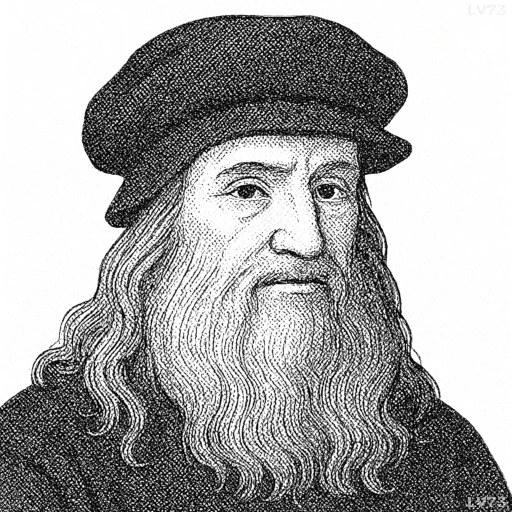“Nature never breaks her own laws.”

- April 15, 1452 – May 2, 1519
- Italian
- A versatile man (painter, sculptor, architect, inventor, scientist, etc.)
table of contents
Quote
“Nature never breaks her own laws.”
Explanation
In this quote, Leonardo da Vinci emphasizes the constancy and perfection of nature’s laws. Da Vinci suggests that nature operates in a predictable, orderly manner, following universal principles that govern the behavior of all living and non-living things. These natural laws, whether they pertain to the motion of the stars, the growth of plants, or the functioning of the human body, are unwavering and eternal. Nature, in Da Vinci’s view, is inherently logical and structured, always acting in accordance with the laws it has established.
Historically, this quote reflects Renaissance humanism and the growing interest in the natural sciences during that time. Da Vinci, as both an artist and a scientist, sought to understand the mechanics of nature through observation and experimentation. He believed that everything in nature, from the movement of water to the anatomy of the human body, could be explained by studying the laws of nature. This idea also aligns with the work of other Renaissance scientists, like Galileo and Copernicus, who were uncovering the consistent, underlying principles that govern the universe.
In modern terms, this quote reinforces the idea that nature operates on scientific principles that are unchanging, from the laws of physics to the biological systems that sustain life. It serves as a reminder that while humans may continue to discover and study these laws, they are always present and functioning, independent of our understanding. Da Vinci’s words encourage us to continue seeking knowledge about the natural world, as science continues to unveil the underlying rules that govern existence.
Would you like to share your impressions or related stories about this quote in the comments section?


